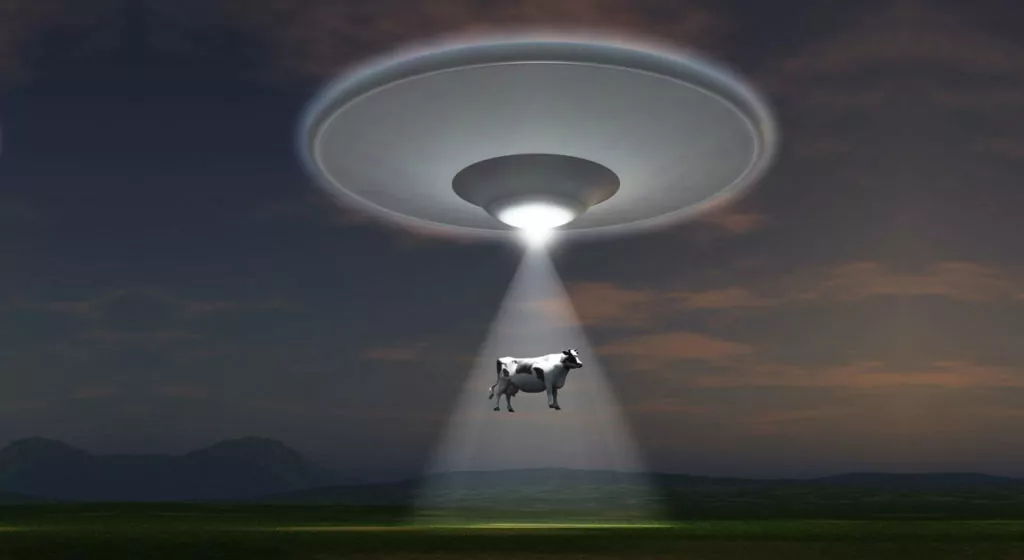Is there life beyond our earth? And are there planets out there waiting to be inhabited? Dating all the way back to ancient Greece, philosophers and scientists have sought answers for these questions. More recently, there has been a concerted push to advance space technology. We now have:
- Telescopes that see billions of light years distant
- A space station that orbits the Earth every 90 minutes
- Vehicles on Mars searching for life
But even with these incredible tools, scientists still have not been able to answer these questions. However, a group of scientists at the University of California, Irvine (UCI) think they may be getting closer. Ana Lobo, Aomawa Shields, Igor Palubski, and Eric Wolf believe that they have found planets that have the potential for liquid water and thus, in their minds, potential for extra-terrestrial life. Their study was summarized in a March 16, 2023, ScienceDaily.com piece: “‘Terminator Zones’ on distant planets could harbor life.”
A “terminator zone” is a dividing line on a planet that always has one side facing its star and the other side in constant darkness. On the dark side of the planet, temperatures would always be extremely low, causing any liquid water to freeze. On the planet’s dayside, temperatures would be scorching hot, causing any liquid water to evaporate. The terminator zone, where the dark meets the light, has the potential to have temperatures suitable for liquid water and, thus, for extra-terrestrial (ET) life. These types of planets do not occur in our Solar System but are common enough among planets orbiting the stars seen in our night sky.
So what should we think about this search for ET? Well, we know all of Creation has been affected by Man’s fall into sin. The key question then is, would God allow intelligent life on other planets to be judged because of Man’s fall on this planet? That seems implausible. However, even if intelligent extra-terrestrial life is unlikely from a biblical perspective, there wouldn’t seem to be any biblical reason to rule out the possibility of non-intelligent lifeforms existing outside of Earth.
As Christians, we can view UCI’s work and other studies like it with curiosity, and also a lot of skepticism. Secular scientists look around our planet and see an abundance of life, so they presume that life coming into being is relatively simple. However, if it is so simple, then why can’t they find life anywhere else? Surely, it has to be somewhere out there! So they begin the cycle of searching, possible discovery, and eventual failure. Then their desperate search begins anew. And as it does, Christians can simply sit back. We have nothing to prove, and no need to find extra-terrestrial life – unlike evolution, our biblical worldview doesn’t require (or rule out) life on other planets.















